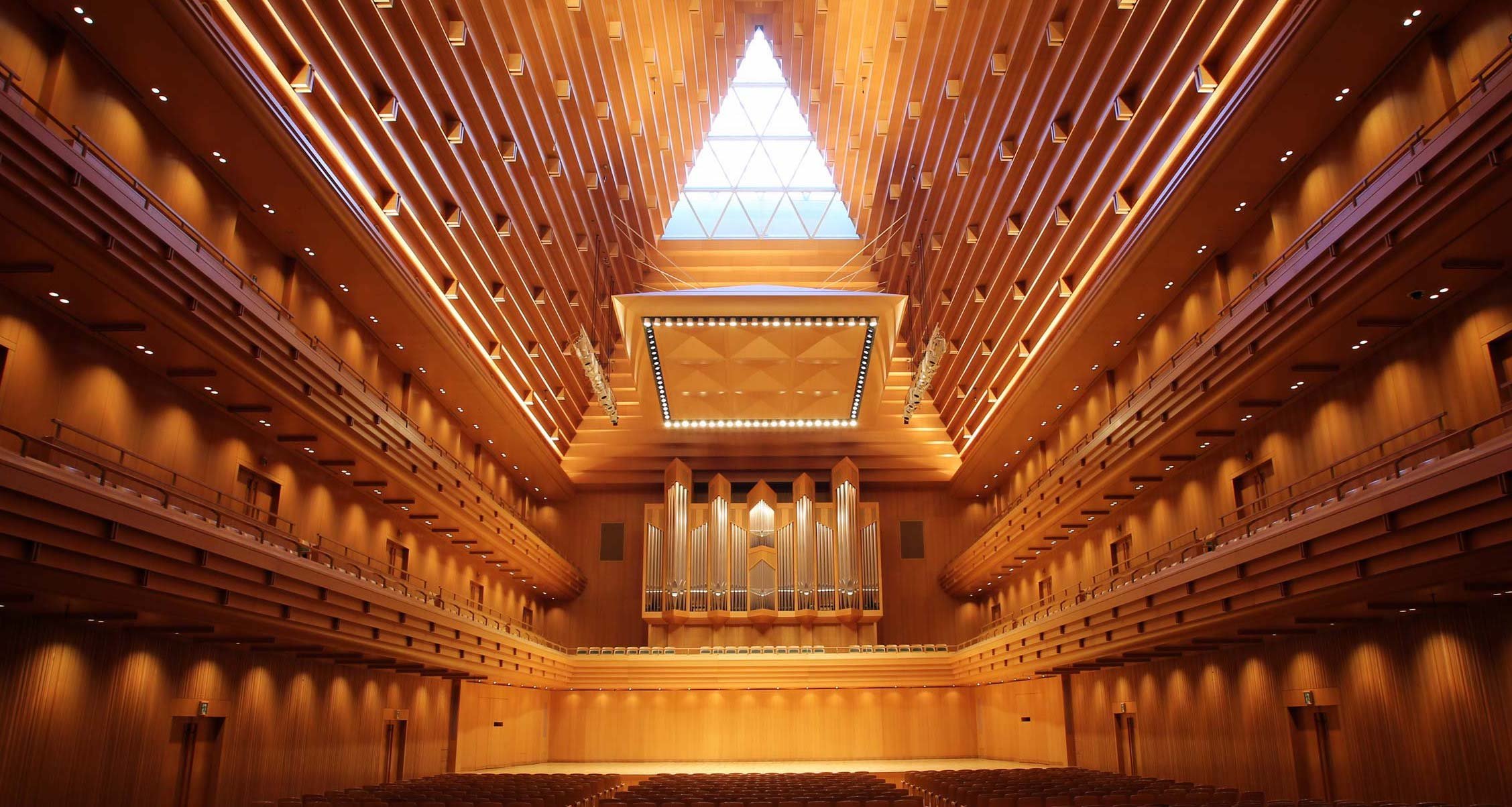Laszlo Gardony: Different Approaches
Internationally acclaimed jazz pianist and composer Laszlo Gardony returns to atac for a one-night-only solo piano concert on December 3rd. Proceeds support atac’s ongoing cultural programming.
The records Serious Play (2017) and La Marseillaise (2019) were solo efforts; what brought you back to the trio format for Close Connection?
I had been composing, playing, recording, and posting solo pieces on my social media during the pandemic. It has been the logical choice to do a solo recording, I had the material. But emotionally I felt an incredible pull to have a shared experience. To have that close connection again. It’s like needing a musical hug.
As you’re playing a benefit for atac, I’m curious what your thoughts are generally on the responsibilities artists have to their local communities.
Everyone has responsibilities to their communities. Artists are able to reach out more visibly so their impact possibly could be larger which assigns them a larger responsibility.
While words can divide us, music unites us. Music takes us to a different dimension where we can connect based on our similarities. I do believe that a live benefit concert isn’t just a financial support to an organization but creates community by sharing an in-the-moment experience. The latter might be more important because it has an impact that affects the soul.
Gardony’s upcoming release, Close Connection (December 2022)
How did you first come to be involved with atac?
The first time Michael Moran asked me and Stan Strickland to do a duo concert at the first firehouse location. Then the venue moved to a storefront, and I kept returning with Stan, in solo and with others. I later played at a few subsequent temporary locations and when Amazing Things – now atac – found its current, wonderful space I kept returning here, always looking forward to it.
You might say I have been coming to perform since the birth of the Art Center.
Thinking more about communities…as a Hungarian-born artist, what do you think’s going on with Orbán?
Orbán has made Hungary a laboratory for the conversion of a liberal democracy into an authoritarian state. And this fascinates many on the American right, looking at him as a hero. I do not think Americans in general are aware of his influence – and the danger of it.
Tokyo Opera City Concert HallBack to music—what are your warm ups like? Any classics by other artists you find yourself returning to?
I always improvise to warm up. It both gets the technique and the creative juices going.
Your educational background is in mathematics and physics; do those interests find their way into your compositions?
I don’t think they do, other than they are just part of who I am. My MEd in mathematics and physics is more practical when it comes to teaching. My other - music - degrees from the conservatory and Berklee are more useful to me as an artist. My compositions are not created with logic, they come to me purely through inspiration.
On the other end of the educational process, you’ve been a professor in the piano department at Berklee for 35 years. Across those decades, how have you seen educational trends change, and how has teaching impacted your own work?
When I started at Berklee, it was mainly a school for jazz. Every non-instrumental course such as ear training and others were developed in order to support the student to be a better jazz musician. That trend has changed. Students still come from all over the world, but not as much to learn the most unique American musical art form but to find their own self-expression, which could encompass different genres or are without labels. This does not affect my teaching style, since my focus was always on finding the musical styles and the performers that truly inspire and excite my students, so they can find their own voice.
I love teaching. I do believe I am excellent at it. Working with each student needs a different approach, like helping them put together a puzzle of their musical direction and the path of developing their skills. It gives me a different, added inspiration.
Could you tell us a story of a particularly memorable live performance from the past—any venue, country, across time.
There are two exceptionally memorable ones for different reasons:
The most interesting location was above the Arctic circle, the northernmost festival in Europe, ever. The bulk of the audience and the performers were flying up there on the same plane. The locals came with reindeer sledges, some traveling for hours. It was broadcast across Scandinavia.
The most interesting concert hall was the Tokyo Opera City Concert Hall where I played a two-piano concert with Chihiro Yamanaka. It has a stunningly beautiful pyramidal vaulted ceiling made of all wood, great acoustics, and amazing pianos.
However, what really matters to me, regardless of the uniqueness or glamorousness of the venue, is when the audience feels elevated after a concert. It could happen anywhere, it just needs to be a dedicatedly, lovingly managed and curated place, a decent piano and people who love music and are open to listening.
*
Laszlo Gardony will be performing a solo piano concert at atac on December 3rd. Click here to purchase tickets — all proceeds from this benefit will support ongoing cultural programming at atac.





